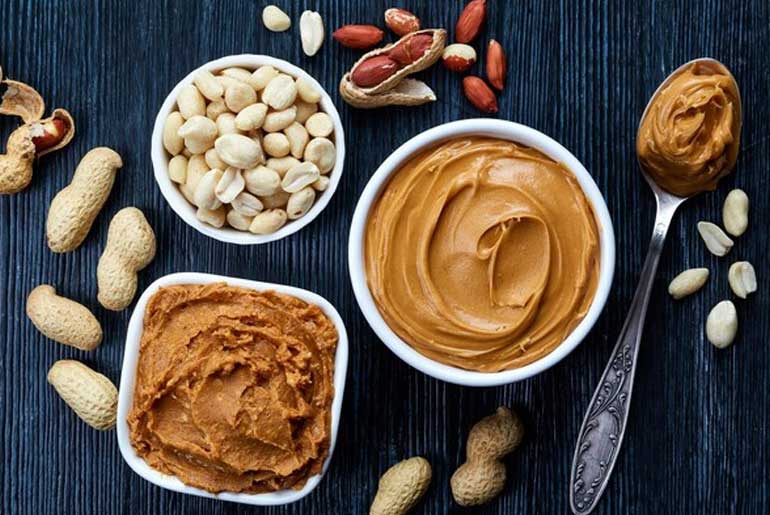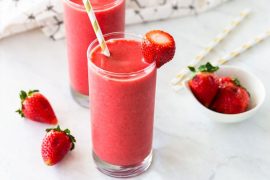According to the Centers for Disease Control and Prevention (CDC), prioritizing physical activity is a cornerstone of maintaining overall health and wellness. This advice holds true for various groups, including student athletes, weekend warriors, and those who engage in regular exercise. Consistent training programs or workout routines are emphasized to help individuals meet their fitness goals and improve their physical well-being. To sustain strength and energy levels throughout the entire exercise process, it is essential to make thoughtful dietary choices. Properly selected foods serve as the body’s fuel source, ensuring optimal performance and recovery, whether it’s for competitive sports, weekend recreational activities, or routine workouts.
“Carbs, protein and fat are three macronutrients that can help everyone improve their physical condition and stamina,” states Dr. Samara Sterling, a nutrition scientist and research director for The Peanut Institute. “To truly maximize the benefits of healthy foods, it’s essential to know what to eat and when to eat.”
Carbs for Energy: Carbohydrates are essential for providing quick and efficient energy. They are stored in the muscles and liver as glycogen and can be converted into glucose for use as fuel during high-intensity and endurance activities.
Protein for Muscles: Protein is crucial for muscle maintenance, repair, and growth. It also plays a role in transporting essential nutrients and oxygen to support the body’s energy needs, especially after a workout or athletic event.
Fats for Endurance: Healthy monounsaturated and polyunsaturated fats are a source of energy for lower-intensity exercises. They also aid in the absorption of fat-soluble vitamins (A, D, E, and K), providing support for endurance activities.
Peanuts and Peanut Products: Peanuts, peanut butter, and peanut powder are mentioned as nutritious options for athletes and active individuals. They are a source of carbohydrates, protein, and healthy fats, making them a well-rounded choice for energy and recovery.
“Peanuts and peanut butter are often tapped by athletes, strength and conditioning coaches and those who work out regularly since they’re packed with both macro and micronutrients that deliver a plethora of body and brain benefits,” states Sterling. “They’re also tasty, low cost, portable and easy to incorporate into a meal or have alone as a snack.”
Timing Matters: The article emphasizes the importance of timing when it comes to fueling the body. It suggests having a meal rich in protein and complex carbs 1-2 hours before training and a light snack 30 minutes before. After a workout, the timing for eating is influenced by the type of exercise, with strength training allowing up to 2 hours and cardio training recommending a snack within 30 minutes. A suggested post-workout snack includes whole wheat toast with peanut butter and banana slices.
“Whether you’re on the field or in the classroom, it’s imperative to give your body and mind the right kind of foods at the right time to stay on top of your game at any age,” says Sterling.
General guidelines for sports nutrition and highlights the significance of proper nutrition in optimizing athletic performance and overall health. It’s important to note that individual dietary needs may vary, and athletes and active individuals should consider consulting with a sports nutritionist or dietitian to develop a personalized nutrition plan.
Disclaimer:
The information contained in this article is for educational and informational purposes only and is not intended as a health advice. We would ask you to consult a qualified professional or medical expert to gain additional knowledge before you choose to consume any product or perform any exercise.








